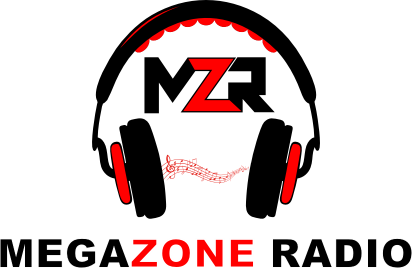Diplomats from Europe and Iran convened in Geneva on Friday for critical talks aimed at easing regional tensions, including addressing disputes over Tehran’s nuclear program, ahead of former U.S. President Donald Trump’s return to the White House.
The discussions mark the first high-level engagement since the U.S. election and are seen as a potential starting point for broader negotiations before Trump’s inauguration on January 20. The meeting, held in the same city where major progress in nuclear talks was achieved over a decade ago, follows months of mounting distrust between Iran and European powers.
Iran’s deputy foreign minister and senior nuclear negotiator, Majid Takhteravanchi, is meeting with diplomats from Britain, Germany, and France (the E3), following initial discussions with the EU’s chief coordinator on Thursday evening.
Tensions Amid Tougher European Stance
The talks come after the E3 recently backed a resolution urging the UN atomic watchdog to produce a comprehensive report on Iran’s nuclear activities by spring 2025. The move, which followed limited Iranian pledges to curb uranium enrichment, underscores the growing rift between the sides.
Diplomats describe the Geneva discussions as exploratory, aimed at addressing mutual concerns over how Trump’s administration might handle the nuclear dossier. Trump’s previous “maximum pressure” strategy, which sought to economically weaken Iran, could see a revival under his expected hawkish foreign policy team, including Secretary of State nominee Marco Rubio.
European officials fear escalating tensions, particularly as Tehran deepens its military ties with Russia and tensions with Israel threaten to ignite further regional conflicts.
Iran’s Focus: Sanctions Relief
Iranian officials say their priority is securing relief from U.S. sanctions imposed since 2018, after Trump withdrew from the 2015 nuclear deal. “The establishment has decided to overcome the nuclear impasse,” said an Iranian official. “The goal is to use the Geneva meeting to find common ground, and if progress is made, Washington could join later.”
Iran’s nuclear program has accelerated since 2018, limiting the International Atomic Energy Agency’s monitoring capabilities. Western diplomats hope to establish a timeline for talks that could lead to a new agreement by the summer, offering partial sanctions relief in exchange for restrictions on Iran’s nuclear activities.
Regional and Global Stakes
The nuclear issue is only one aspect of the Geneva talks. Discussions are expected to include Tehran’s military support for Russia, its role in the region, and rising tensions with Israel. Prime Minister Benjamin Netanyahu recently cited Iran as a key focus following a ceasefire in Lebanon.
As the October 2025 expiration of key restrictions under the 2015 deal looms, diplomats are under pressure to prevent further escalation. Without new limits, the UN could reimpose sanctions through a “snapback” mechanism, which Iran warns would force it to reconsider its nuclear strategy.
With time running out and Trump’s impending return casting uncertainty over future U.S. policy, European diplomats are urging Iran to engage in meaningful negotiations to avoid a deepening crisis.


